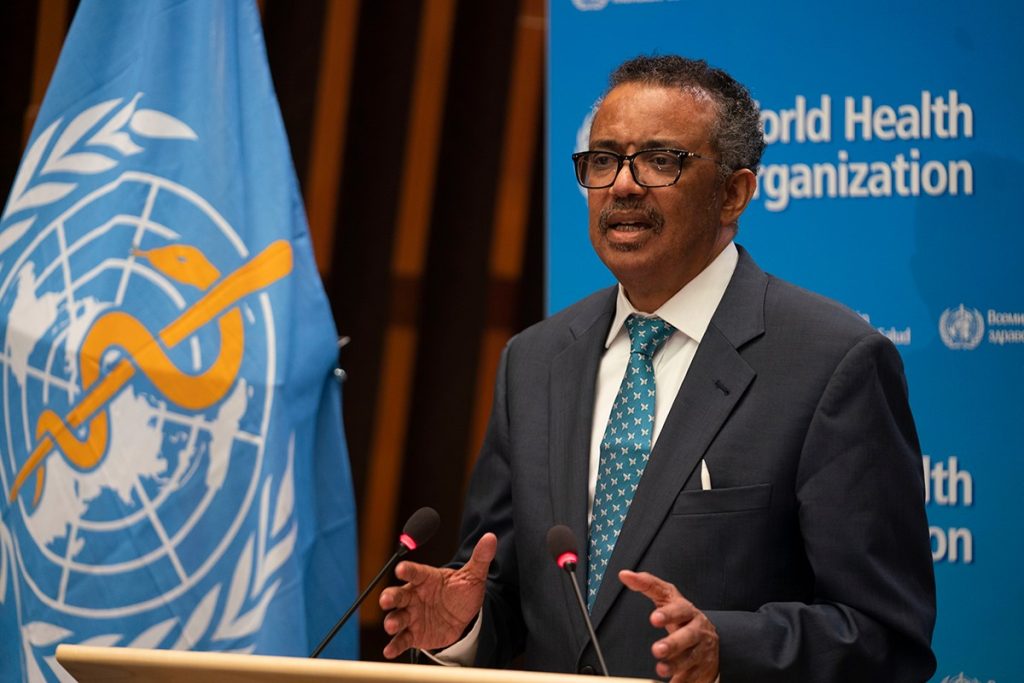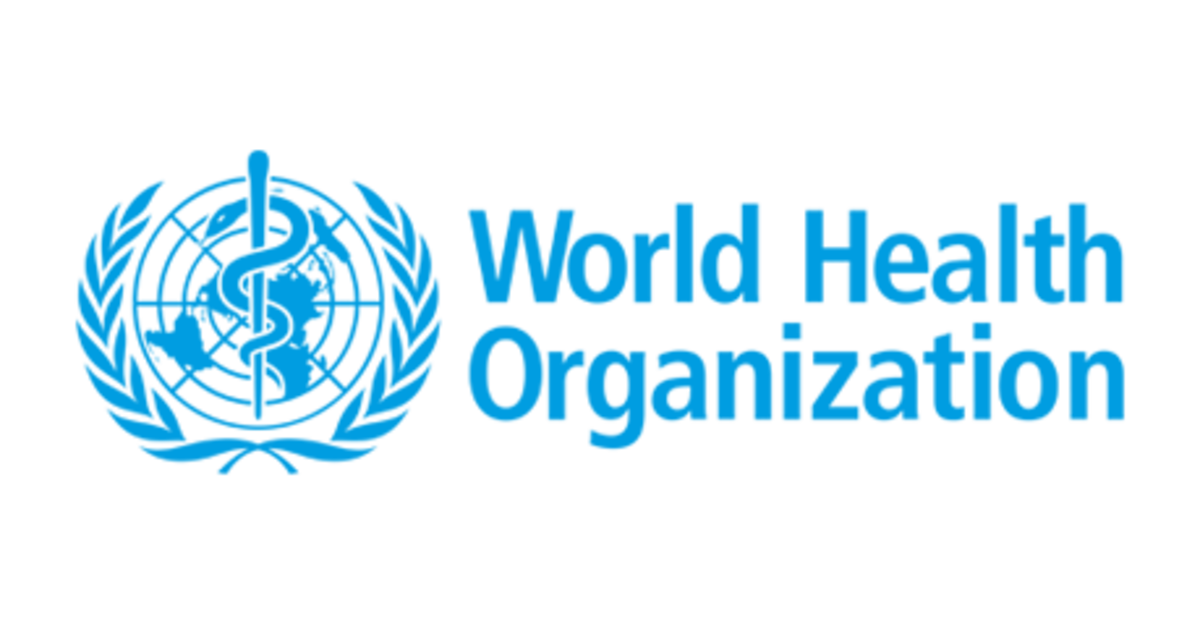The World Health Organisation (WHO) has sounded the alarm over disruptions to health services in 70% of its surveyed country offices, attributing the crisis to abrupt suspensions and reductions in official development assistance (ODA) for health.
In a statement released on Friday, the WHO revealed that the findings stemmed from a rapid assessment conducted between March and April 2025, involving 108 WHO country offices. The evaluation, primarily focused on low and lower-middle-income countries, laid bare the immense challenges confronting global health systems.
The agency warned that the situation could have prolonged and damaging consequences on health services worldwide, if left unaddressed.
“The results highlight the urgent need for coordinated global support to reinforce health systems, especially in the most at-risk regions,” the organisation said.
“Many countries are attempting to increase or reallocate funding from domestic and alternative external sources to address the funding gaps.
“However, up to 24 per cent of WHO country office responses suggest that budget cuts are already leading to increased out-of-pocket payments, disproportionately affecting the poor and vulnerable,” the report noted.

Dr Tedros Adhanom Ghebreyesus, WHO Director-General, described the findings as deeply concerning, warning that the ripple effects of sudden aid reductions could imperil the health of millions.
“Although these cuts are a shock, they are also accelerating the transition from aid dependency to more sustainable self-reliance based on domestic resources.
“Many countries are asking for WHO’s support, and we are working with them to identify and tailor the most effective measures,” he stated.
Dr Ghebreyesus emphasised that the assessment offered crucial early insights, drawing on the experiences of WHO country offices that collaborate directly with national health ministries and provide ongoing guidance on health systems policy and planning.
He explained that the primary aim was to determine what urgent support countries require to avert catastrophic consequences for public health, while continuing to monitor the evolving crisis.
According to the WHO, the ODA suspensions and reductions have affected nearly every aspect of health system functioning.
“The most frequently reported impacts include health emergency preparedness and response (70 per cent), public health surveillance (66 per cent), service provision (58 per cent), humanitarian aid (56 per cent), and the health and care workforce (54 per cent).
“At least one-third of responding countries reported disruptions across all health services, with severe impacts on outbreak detection and response, as well as services related to malaria, HIV, tuberculosis, sexually transmitted infections, family planning, and maternal and child health.
“The scale of the disruptions in some regions is reportedly comparable to the peak periods of the COVID-19 pandemic. One-third of responding countries reported critical shortages of medicines and health products for major service areas.
“Additionally, over half of the countries reported job losses among health and care workers and significant disruptions to training programmes. Information systems have also been hit hard. More than 40 per cent of countries reported disruptions to essential health data systems, including emergency and surveillance systems, health management information systems, lab networks, and household and population surveys,” the Director-General said.
Dr Ghebreyesus noted that 81 out of the 108 WHO country offices expressed an urgent need for support across multiple health domains—ranging from innovative financing mechanisms and technical expertise to capacity development.
He concluded by affirming the organisation’s ongoing commitment to closely monitor the situation and collaborate with global health partners and donors to facilitate immediate responses and foster long-term resilience in health systems.


 Trending
Trending 